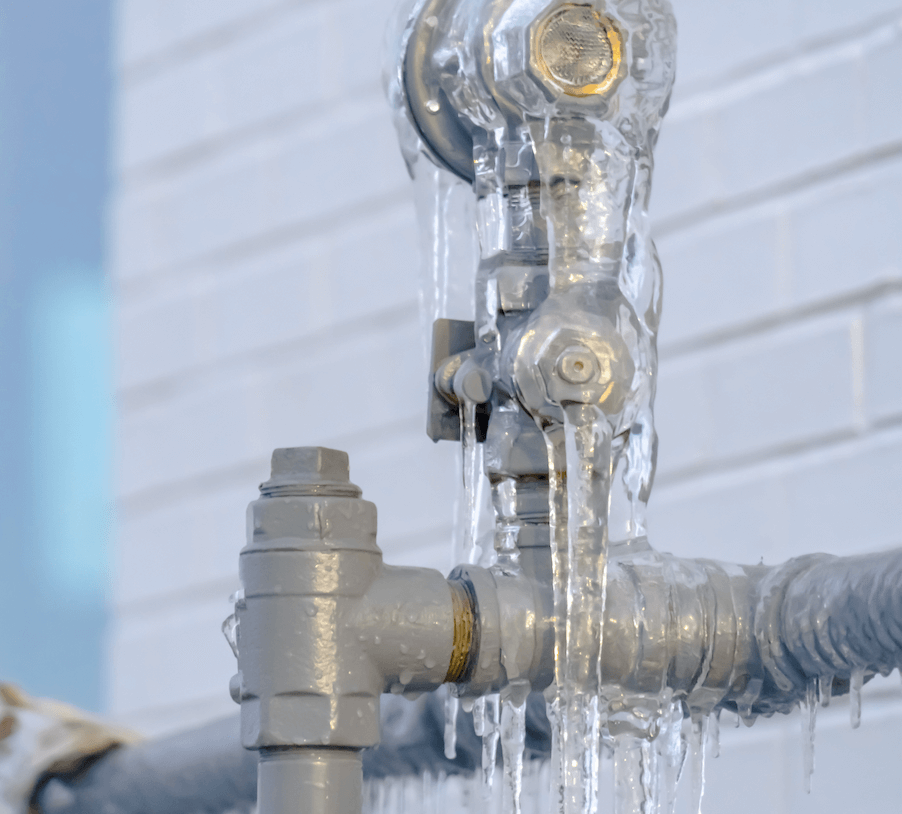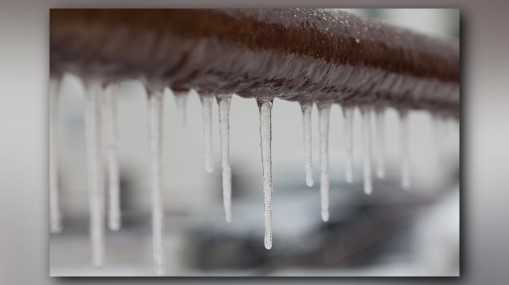Ways to Prevent Frozen Pipes in Winter: Pro Tips
Ways to Prevent Frozen Pipes in Winter: Pro Tips
Blog Article
We have stumbled upon this great article about How to prepare your home plumbing for winter weather down the page on the net and reckoned it made sense to relate it with you over here.

Cold weather can ruin your pipes, particularly by freezing pipelines. Right here's how to avoid it from happening and what to do if it does.
Introduction
As temperatures drop, the threat of icy pipes rises, possibly causing pricey repair services and water damage. Comprehending just how to stop frozen pipes is critical for homeowners in cold climates.
Prevention Tips
Protecting at risk pipes
Wrap pipelines in insulation sleeves or use heat tape to shield them from freezing temperatures. Focus on pipes in unheated or external locations of the home.
Heating techniques
Maintain indoor spaces effectively heated up, especially locations with plumbing. Open up cupboard doors to permit warm air to flow around pipes under sinks.
Exactly how to identify icy pipes
Look for decreased water flow from faucets, uncommon smells or sounds from pipes, and visible frost on revealed pipelines.
Long-Term Solutions
Structural changes
Think about rerouting pipes away from exterior walls or unheated locations. Add additional insulation to attics, cellars, and crawl spaces.
Updating insulation
Invest in high-grade insulation for pipelines, attics, and walls. Proper insulation assists maintain consistent temperatures and lowers the threat of frozen pipelines.
Securing Exterior Plumbing
Yard pipes and outdoor faucets
Disconnect and drain garden hoses before winter season. Set up frost-proof spigots or cover exterior faucets with insulated caps.
Recognizing Frozen Pipes
What causes pipes to freeze?
Pipelines freeze when subjected to temperatures below 32 ° F (0 ° C) for expanded periods. As water inside the pipelines ices up, it increases, putting pressure on the pipe wall surfaces and possibly causing them to burst.
Dangers and damages
Frozen pipes can cause water supply disturbances, building damages, and pricey repair services. Ruptured pipelines can flood homes and trigger extensive structural damages.
Indications of Frozen Water Lines
Recognizing icy pipes early can avoid them from rupturing.
What to Do If Your Pipelines Freeze
Immediate activities to take
If you believe frozen pipelines, maintain faucets open up to ease pressure as the ice melts. Utilize a hairdryer or towels taken in warm water to thaw pipes slowly.
Verdict
Avoiding icy pipelines requires aggressive measures and quick feedbacks. By understanding the reasons, indications, and safety nets, house owners can shield their pipes throughout winter.
6 Proven Ways to Prevent Frozen Pipes and Protect Your Home
Disconnect and Drain Garden Hoses
Before winter arrives, start by disconnecting your garden hoses and draining any remaining water. Close the shut-off valves that supply outdoor hose bibs and leave the outdoor faucet open to allow any residual water to drain. For extra protection, consider using faucet covers throughout the colder months. It’s also important to drain water from any sprinkler supply lines following the manufacturer’s directions.
Insulate Exposed Pipes
Insulating your pipes is an effective way to prevent freezing. Pipe insulation is readily available at home improvement stores and is relatively inexpensive. Pay close attention to pipes in unheated areas such as the attic, basement, crawl spaces, or garage. Apply foam insulation generously to create a buffer against the cold. You can also wrap your pipes in heat tape or thermostat-controlled heat cables for added warmth.
Seal Air Leaks
Inspect your home for any cracks or openings that could let in cold air. Seal any holes around the piping in interior or exterior walls, as well as the sill plates where your home rests on its foundation. Additionally, make sure to keep your garage door closed unless you’re entering or exiting. Leaving it open creates a significant air leak that can lead to frozen pipes.
Allow Warm Air Circulation
During cold snaps, it’s essential to allow warm air to circulate evenly throughout your home. Leave interior doors ajar to promote better airflow. Open kitchen and bathroom cabinets to help distribute heat consistently around the rooms. If you have small children or pets, be sure to remove any household chemicals or potentially harmful cleaners from open cabinets for safety.
Let Faucets Drip
A small trickle of water can make a big difference in preventing ice formation inside your pipes. When temperatures drop significantly, start a drip of water from all faucets served by exposed pipes. This continuous flow helps prevent the water from freezing. Additionally, running a few faucets slightly can relieve pressure inside the pipes, reducing the chances of a rupture if the water inside does freeze.
https://choateshvac.com/6-proven-ways-to-prevent-frozen-pipes-and-protect-your-home/

As a keen person who reads on Preventing and dealing with frozen pipes, I imagined sharing that piece of content was a good idea. Loved our blog posting? Please share it. Help someone else find it. We cherish reading our article about Helpful Tips to Prevent Frozen Pipes this Winter.
Go Deal Now Report this page